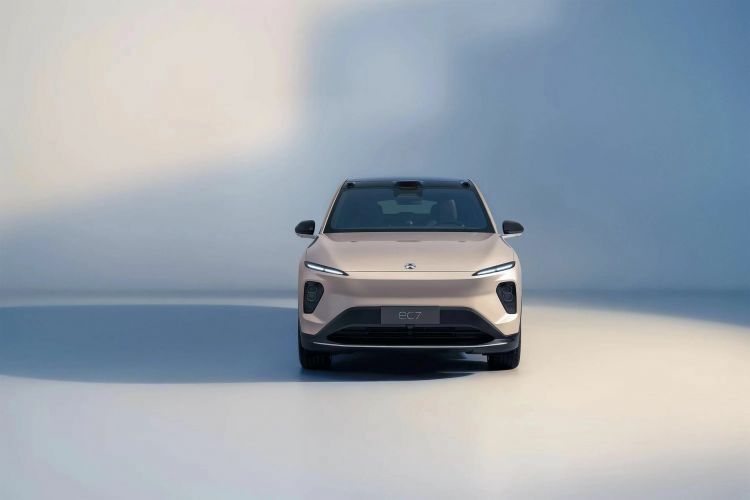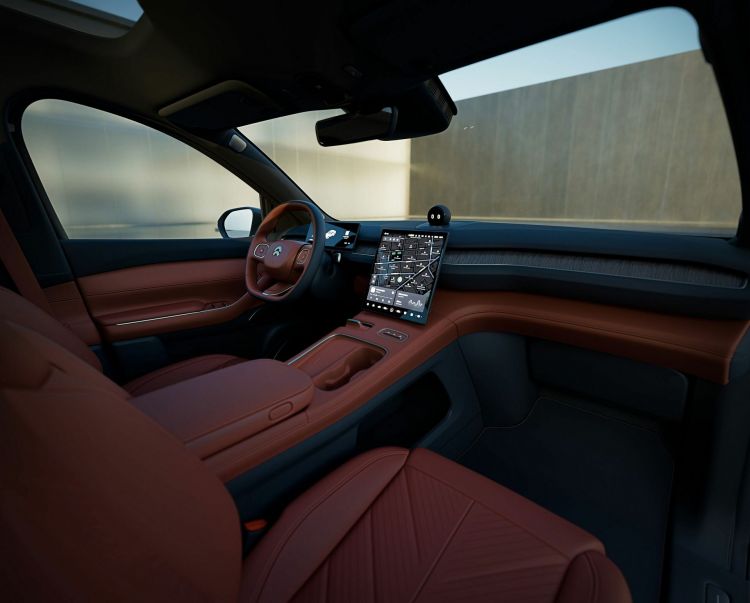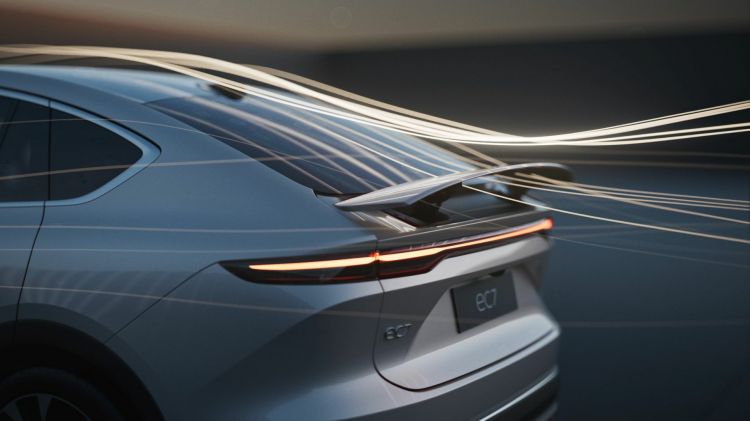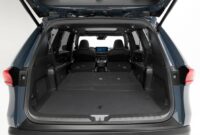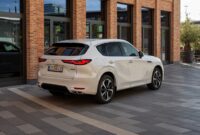2023 will be a great year to buy a new car, especially if you are looking for an electric car or an SUV. Next year will also mark the arrival in Europe of several Chinese brands, especially in the segment of zero emission vehicles. NIO is a Chinese brand that already sells its cars in Europe, but has decided not to enter markets such as Spain for the moment. NIO has just presented its new flagship in China: a coupe looking SUV called EC7which wants to conquer us with a range comparable to a diesel car.
The NIO EC7 is a generously sized SUV. It measures 4.97 meters in length, 1.71 meters in height and 1.97 meters in width. By positioning and size, it competes with cars like the Audi Q8 e-tron Sportback, the BMW iX, the Tesla Model X or the Mercedes EQE SUV. With the NIO ES8, also recently presented, competes the latest evolution of the brand’s modular platform for electric SUVs. Its design is characteristic of an SUV with a coupe look, with a marked drop in the roof from the B-pillar and lines that are generally smooth, little overloaded.
The bumps on the passenger compartment are the LiDAR, an advanced radar that will allow the car to drive autonomously in the future.
At the rear we can see a retractable spoiler, which modifies the aerodynamic properties of the car depending on the chosen driving mode. The NIO EC7 does not have a grille and its optics, both front and rear, are extremely thin and thin. With a drag coefficient of just 0.23, NIO claims that it is the most aerodynamic SUV on the market. The cabin of the NIO EC7 is minimalist and luxurious, built with care and attention to detail. It is a premium product and is reflected both in the materials and in its adjustments and finishes.
This five-seater SUV also boasts an important technological component, thanks to digital instrumentation and a 12.8″ screen for the infotainment system. This screen is AMOLED and uses its own operating system, called Banyan and assisted by artificial intelligence. Under its cabin and under its skin, the NIO EC7 can mount up to two electric motors, with a combined power of 480 kW (652 hp) and can mount batteries of 75 kWh or 100 kWh capacity.
A huge electrochromic panoramic roof is responsible for providing light and space to the cabin.
Although some media speak of batteries of up to 150 kWh, the NIO website does not speak of such sizes. However, they do speak of a 0 to 100 km/h of only 3.9 seconds and a range in combined cycle of no less than 940 km. It is a very high figure, but it is calculated under the CLTC approval cycle, similar to the old NEDC – in the WLTP cycle, we will be talking about a figure of about 750-800 km. An impressive figure in any case, and that puts its autonomy at a level comparable to that of an SUV with a diesel engine.
NIO claims that the EC7 can be charged at a record power of 500 kW, making it possible for the 100 kWh battery to go from 10% to 80% charge in just 20 minutes. NIO is one of the few brands that offers battery swapping stations, and EC7 continues to support this scheme. The EC7 will go on sale in Europe during the second half of the year, although will not arrive in Spain. As a guide, the prices in China for the 75 kWh version and the 100 kWh version are, respectively, 65,800 and 73,600 euros.


